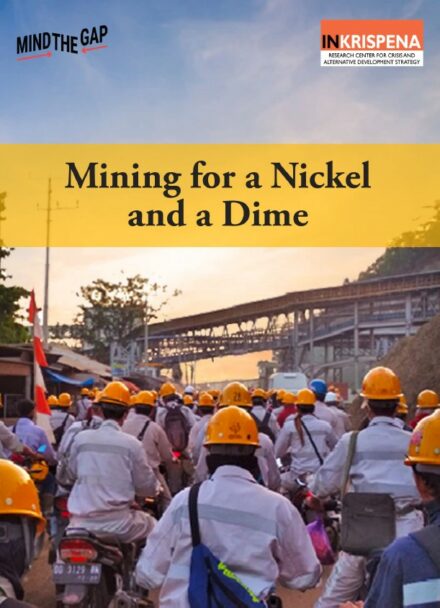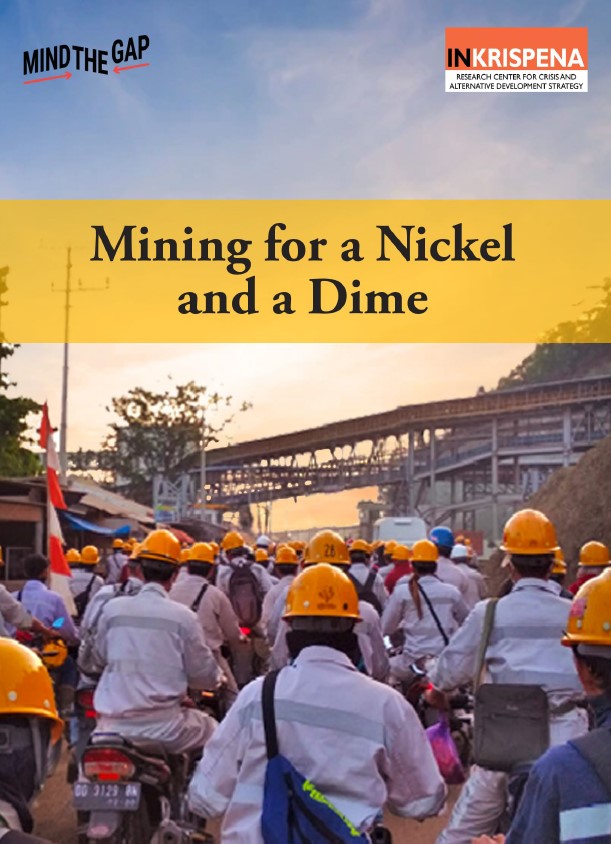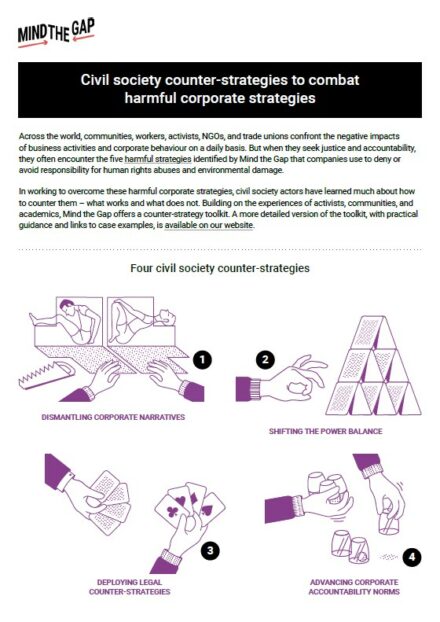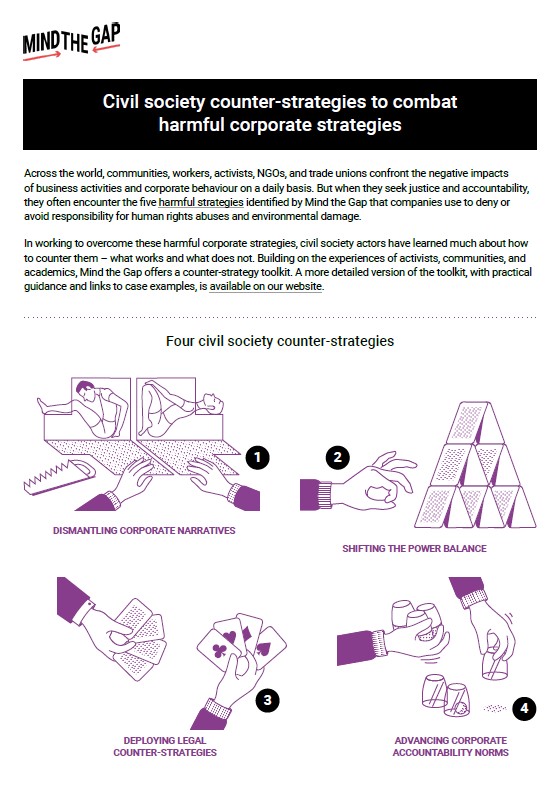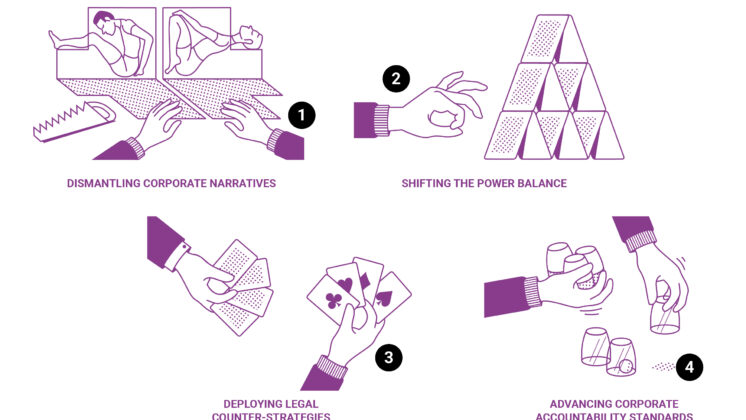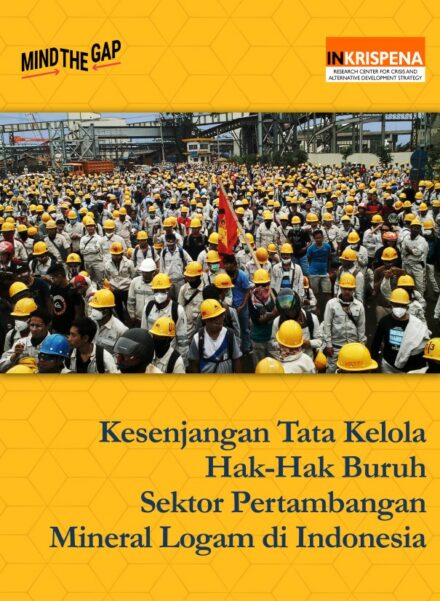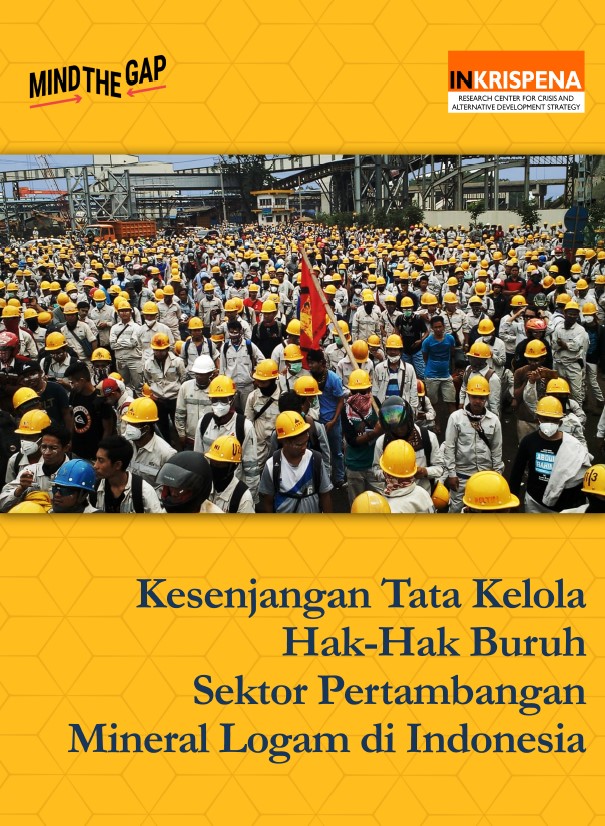Companies can benefit from the state’s exercise of power or existing policy to coerce or exploit workers or communities with impunity. In these situations, companies can often avoid responsibility and liability since the actions are condoned by the state.
CASE STUDY: CEMEX’s exploitation of unlawful Israeli occupation
This strategy assumes different forms. Companies may align with legitimate state institutions to control and take advantage of workers. For example, some companies use the threat of deportation as a mechanism to control and exploit migrant workers they employ in agriculture, manufacturing or construction work. Some companies also utilise state institutions that the state itself uses for exploitation. An example here is the reliance on exploitative prison labour for production, which is only possible through the state’s cooperation.[1] It also happens that companies align with inherently repressive state institutions, for instance, when a company uses land that has been forcibly occupied by the state, or when a state has an active policy to install forced labour. Although potentially legal in each respective state, such institutions systematically violate fundamental human rights, are inherently repressive and are arguably illegal under international law. In these cases, companies use state suppression of its inhabitants for their own benefit.
CASE STUDY: HeidelbergCement AG’s unlawful exploitation of natural resources under occupation
[1] Maxey, Mark. “Corporations and Governments Collude in Prison Slavery Racket.” People’s World, February 7, 2018. https://www.peoplesworld.org/article/corporations-and-governments-collude-in-prison-slavery-racket/. (accessed June 17, 2020)



